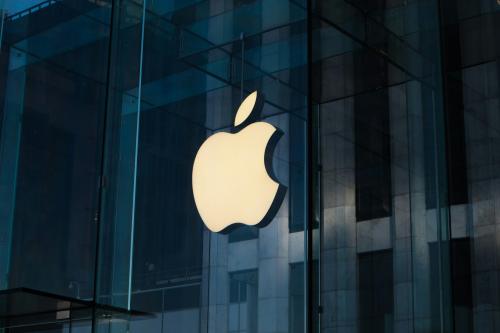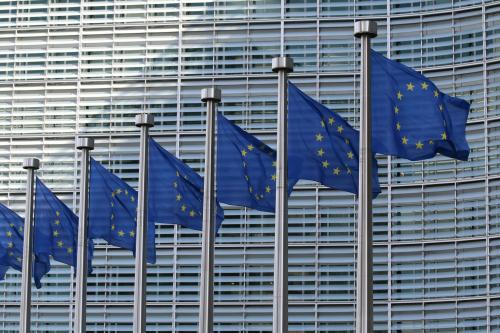Aside from climate change, the ESG topic that has garnered the most investor attention over the last two years is human capital management (HCM). During that time, the Covid-19 pandemic and global racial justice protests have pushed social issues firmly into the spotlight.
Institutional investors, as well as other stakeholders, have demanded greater assurance that companies are caring for and managing their workforces effectively and respectfully. In response, businesses have rethought the way they report HCM information, providing greater detail and expanding the use of KPIs. But investors continue to push for additional disclosure – and the SEC is expected to release a proposal for requiring disclosures by US public companies around HCM.
HCM is a fairly broad term that covers the different ways in which companies acquire, train, manage and look after their employees – and how those factors contribute to the performance of the business. And while there is no doubt about the value HCM provides, it has not traditionally been an area where companies provide a great deal of information externally.
Why is that? Firstly, HCM activities are competitively sensitive: they are a key part of a company’s strategy to attract and retain the best talent. In addition, companies are often cautious about releasing data on employees, such as breakdowns by gender or diversity. They may not have the data available. They may also be worried about the reaction releasing such information could bring.
GROWING FOCUS

But politicians, regulators and investors have helped to push HCM up the agenda, leading to more details arriving in the public domain. For example, the UK government commissioned the Hampton-Alexander Review in 2016 to increase the presence of women on FTSE boards and senior management teams.
A year later, State Street Global Advisors began its Fearless Girl campaign, with the aim of putting pressure on portfolio companies to add more female directors.
In 2020 the outbreak of Covid-19 threw unprecedented light on the way companies manage and support their employees. Executives began to discuss the health, safety and wellbeing of staff in a way that had never been done before. Later that year, the killing of George Floyd sparked global anti-racism protests and led to an increased focus on how companies can support a fairer and more diverse society, including through their own employment strategies.
‘Ask CEOs about their most important asset and they will say it’s their people,’ says Leahruth Jemilo, head of ESG advisory at Corbin Advisors. ‘This was true five years ago and it’s true now. But the difference is that HCM topics like diversity, equity and inclusion (DE&I) now share space in the minds of the C-suite, alongside environmental topics like greenhouse gas emissions. The days of paying lip service to HCM topics are gone.’
This is an extract of an article that was published in the Spring 2022 issue of Corporate Secretary sister publication IR Magazine. Click here to read the full article.









